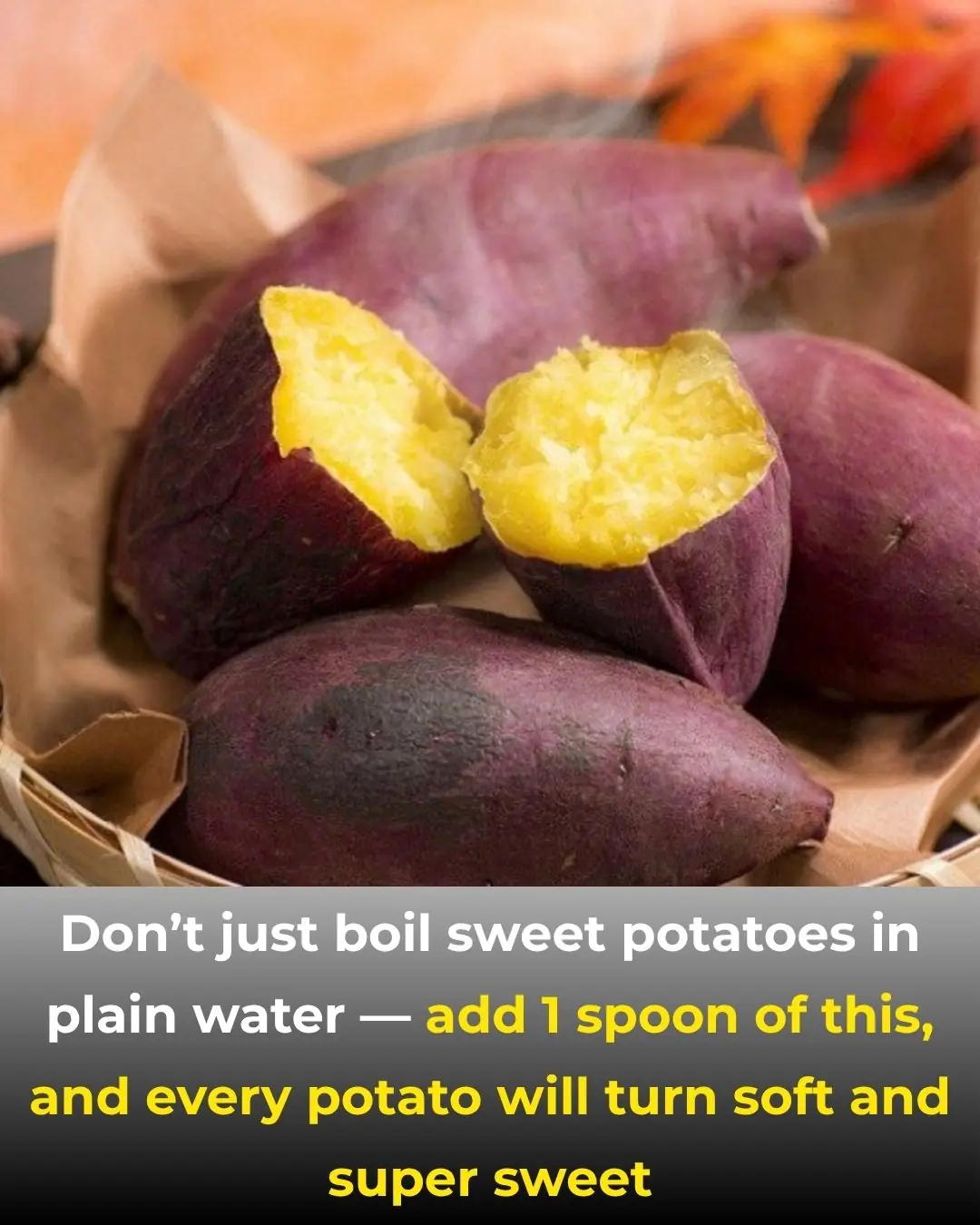
Napheesa Collier Hasn’t Said One Good Thing About WNBA, Commisioner Or CBA Negotiations: League Still Offers 30-Day Extension Because It Holds All Leverage
Napheesa Collier Calls Out the WNBA as CBA Deadline Nears, Citing Caitlin Clark’s Impact and League Inequities
As the October 31 deadline for collective bargaining negotiations between the WNBA Players Association (WNBPA) and the league approaches, tensions are escalating and optimism is fading. Despite months of back-and-forth discussions, both sides remain divided on critical issues such as revenue sharing, player salaries, and overall league transparency (ESPN).

According to ESPN, the WNBA recently offered a 30-day extension to continue CBA negotiations past the Oct. 31 deadline. The extension would mirror a similar step taken in 2019, when both sides agreed to a 60-day delay before signing a new deal in early 2020. However, this time, players appear less willing to compromise. A source close to the WNBPA told The Athletic that an extension might be possible “under the right circumstances,” but that “those circumstances do not yet exist.”
If no agreement or extension is reached, players could be locked out or stage a strike, marking one of the most significant labor showdowns in women’s professional sports history.
Napheesa Collier Doubles Down: “We’re Being Taken Advantage Of”
WNBA star Napheesa Collier, a two-time All-Star and Olympic gold medalist, has emerged as one of the most outspoken critics of the league’s leadership and compensation structure. In a candid interview with Glamour Magazine, Collier criticized commissioner Cathy Engelbert, whom she previously called “the worst leader in pro sports,” and renewed her demand for revenue sharing between players and the league.
“The amount of money that Caitlin Clark has made the league is insane, and she’s getting 0% of it because we have no revenue share,” Collier said. “She gets less than $80,000 a year, and she’s bringing in hundreds of millions of dollars. It’s insane.” (Glamour Magazine, Oct. 2025).
Collier’s frustration reflects a growing sentiment among players who feel the league’s structure has not evolved in step with its skyrocketing popularity. Over the past two seasons, WNBA viewership and attendance have surged by more than 200%, driven by rookies like Clark, Angel Reese, and Cameron Brink, according to Forbes.
Despite this growth, the maximum player base salary in the WNBA remains around $250,000, and most rookies earn less than $100,000 annually, a stark contrast to the NBA’s minimum salary of over $1 million (AP).
What the Players Want
At the center of negotiations is a push for higher wages and a greater share of league revenue, rather than fixed incremental salary increases. The WNBPA, led by Collier and Breanna Stewart, argues that players should receive a percentage of revenue, similar to how NBA athletes receive roughly 50% of basketball-related income (The New York Times).
“We are being so grossly, almost taken advantage of,” Collier said. “It should be illegal.”
The players’ stance is rooted in data showing the WNBA’s growing commercial appeal. Merchandise sales are up over 125% year-over-year, sponsorships from brands like Nike, Google, and Coca-Cola have expanded, and the league’s media rights renewal, expected to reach $2 billion through the NBA’s new TV deal, could reshape its financial future (Sportico).
Still, transparency remains a sticking point. The WNBA’s finances are largely opaque, and even players admit that they “don’t really know where the money goes.” As one fan wrote in a viral Reddit thread, “It’s hard to fully support one side when the books are closed. If they’re losing $50 million a year like reports say, where’s the path to growth?”
Fans Divided, But Momentum Is on the Players’ Side
While some critics claim the WNBA still relies on NBA subsidies to stay afloat, others argue that decades of underinvestment—not lack of profitability—are the real issue. “The WNBA hasn’t turned a profit because it hasn’t been given the infrastructure or media visibility to do so,” said sports economist Dr. Nicole Melton of the University of Massachusetts (NPR).
Still, fans remain divided. “They just stopped losing money. You haven’t even been paid on the new TV deal yet,” one user commented under The Athletic’s report. “Let the wins accrue before demanding NBA-level pay.”
The Caitlin Clark Effect
Few athletes in modern sports have shifted the economics of a league the way Caitlin Clark has. Her rookie debut with the Indiana Fever set attendance and ratings records, generating millions in ticket sales and merchandise (CBS Sports).
Yet, as Collier highlighted, Clark earns under $80,000 a year—less than many assistant coaches—despite her global sponsorship deals, including a $28 million Nike contract. While Clark has been publicly supportive of Collier’s advocacy, she has avoided direct involvement in CBA talks.
“She’s already financially set,” one sports agent told Forbes. “But her popularity gives the players leverage. The WNBA needs Caitlin more than she needs them.”
“Unrivaled”: A New Player-Owned Alternative
Collier and Stewart have also taken matters into their own hands, founding a player-run offseason league called Unrivaled. The 3-on-3 competition, which debuted in summer 2025, pays participants up to $220,000 per season—nearly three times a rookie WNBA contract. The initiative allows players to stay in the U.S. rather than play overseas, where they often earn more but face risks like political instability, as seen in Brittney Griner’s 2022 detainment in Russia (BBC News).
“Unrivaled is about ownership,” Collier told NPR. “If the WNBA won’t value us properly, we’ll build something that will.”
Is the League Listening?
League executives, including Engelbert, haven’t denied that players deserve more. However, they caution that rapid salary increases could “destabilize the league financially.” “This is not about not valuing our players,” Engelbert said during the WNBA Finals (Associated Press). “It’s about creating sustainable growth that ensures this league lasts another 30 years.”
Still, Engelbert’s comments have done little to repair her fractured relationship with top players. Collier has accused the commissioner of “dodging accountability,” and several players reportedly skipped recent mediation meetings in protest (The Athletic).
What Happens Next
With the CBA deadline looming, the league faces a crossroads: either reach a compromise that satisfies players’ demands for fairness or risk a historic lockout that could disrupt the 2026 season.
For now, the mood among players remains tense but unified. “We’ve been patient,” Collier said. “But we’re done waiting for respect that should’ve been ours decades ago.”
Whether the league bends or breaks may depend on one question: will the WNBA finally share its growing success with the women who built it?
News in the same category


The Science Behind Putting a Cotton Swab in a Menthol Oil Bottle

More People Are Struggling with Visceral Fat — Doctors Reveal 9 Foods That Help Burn It Naturally

Black Turmeric vs. Yellow Turmeric: Which One Is Better?

Like to see more from Tips for the Home
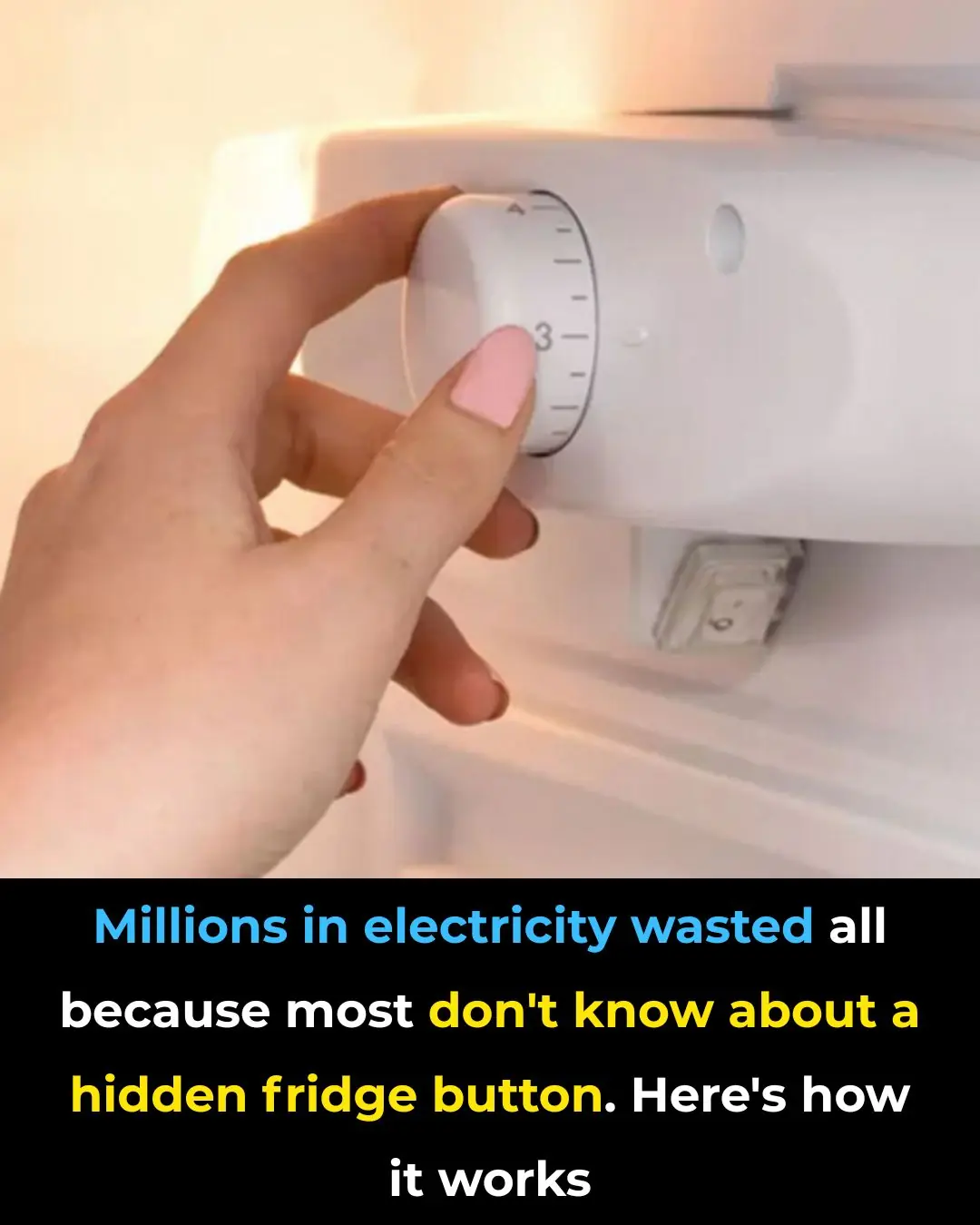
I Had No Idea About This!
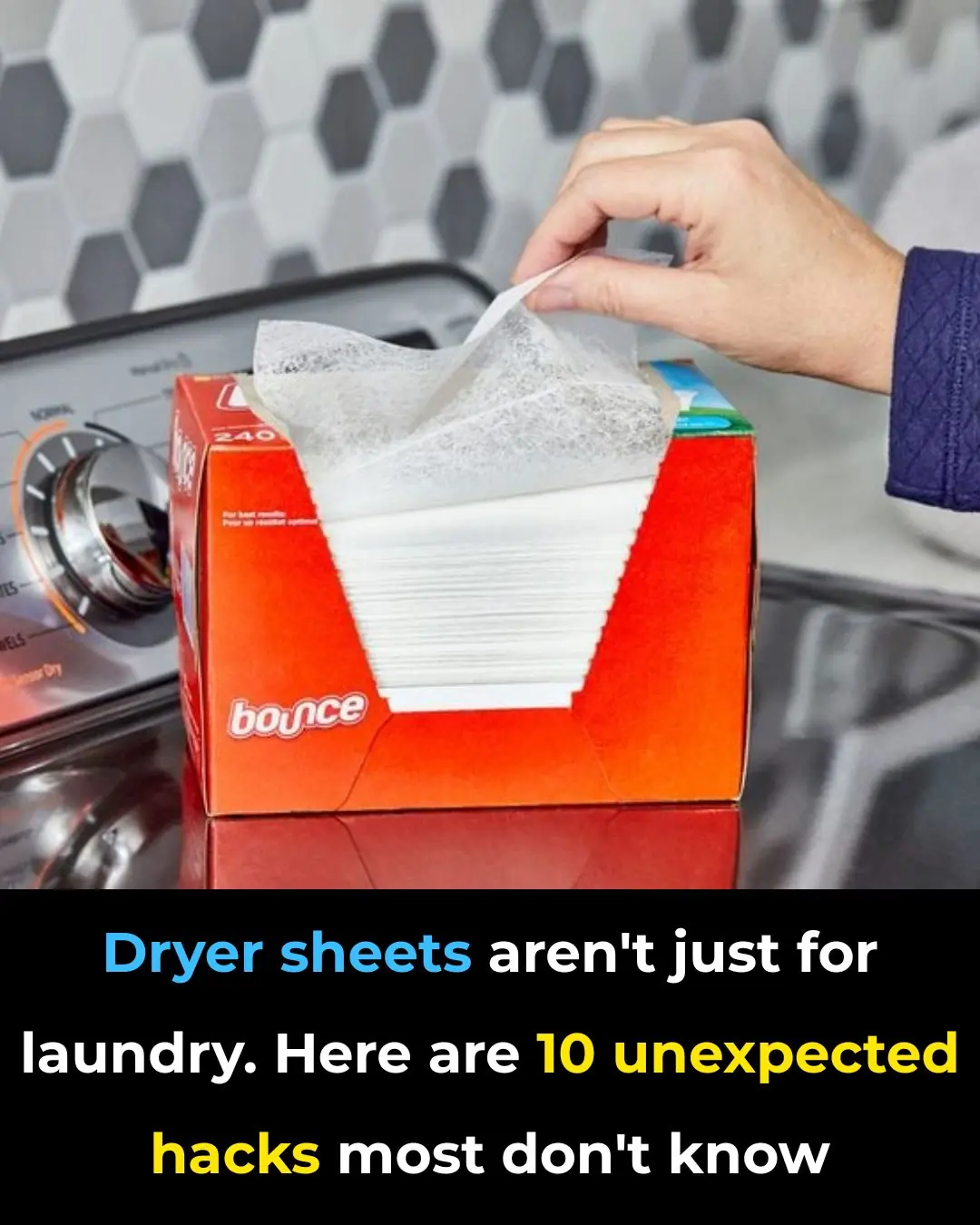
These Ideas Are Amazing: 10 Clever Ways to Use Dryer Sheets Beyond the Laundry Room
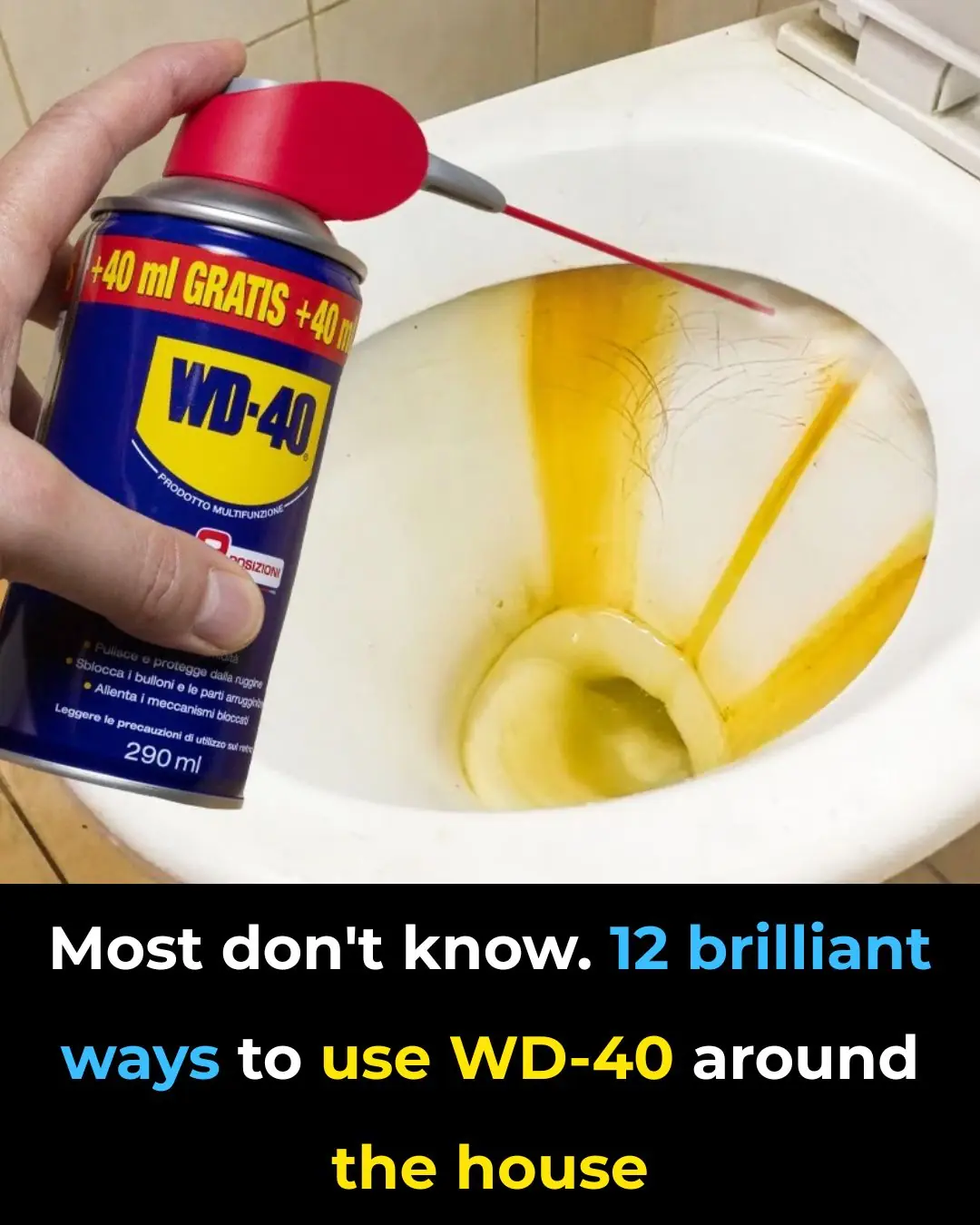
Most Don’t Know: 13 Brilliant Ways to Use WD-40 Around the House

YouTuber shocks fans after revealing he hasn't showered in three months

YouTubers expose reality of 'toxic' Colorado ghost town that was abandoned for tragic reason
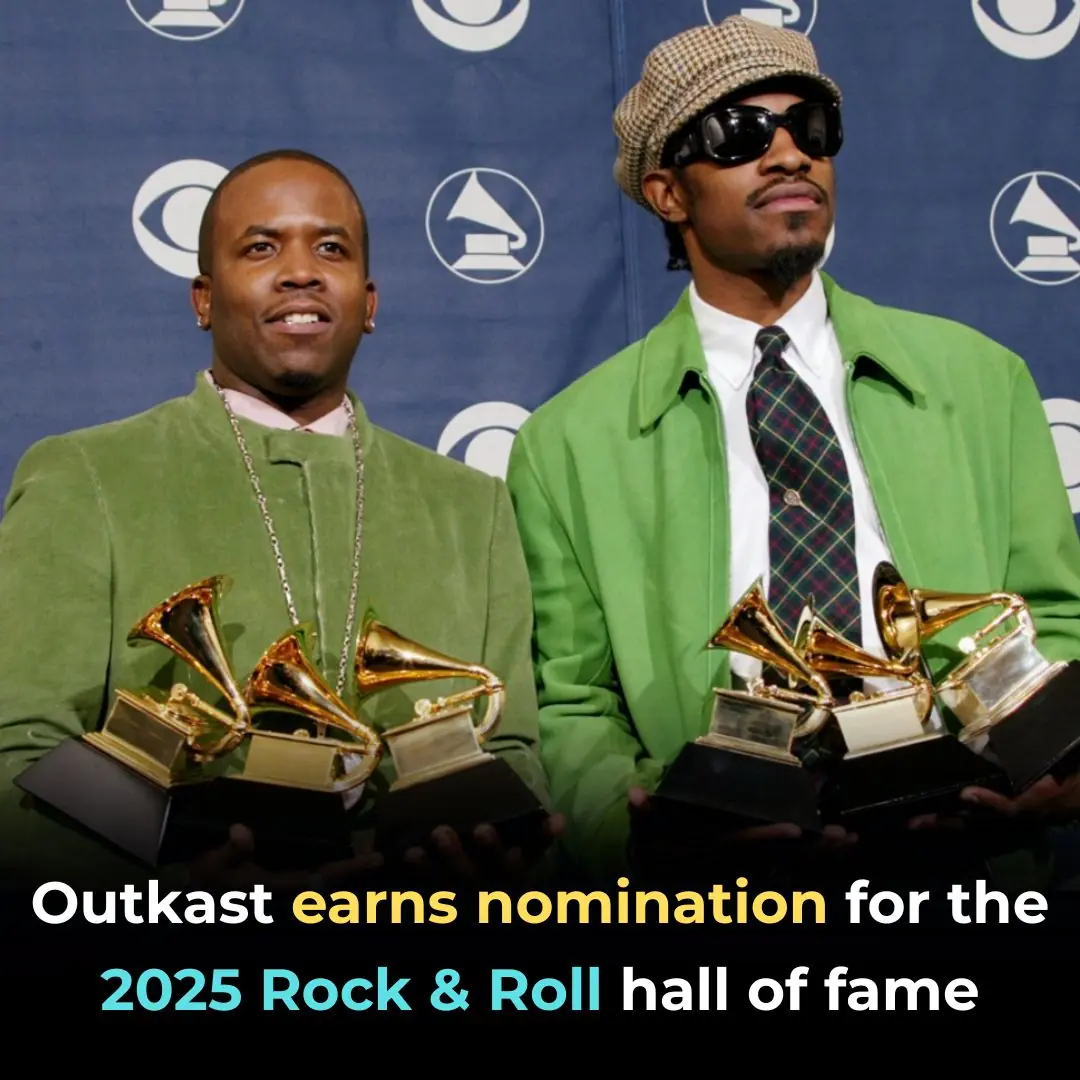
Outkast Earns Nomination for the 2025 Rock & Roll Hall of Fame
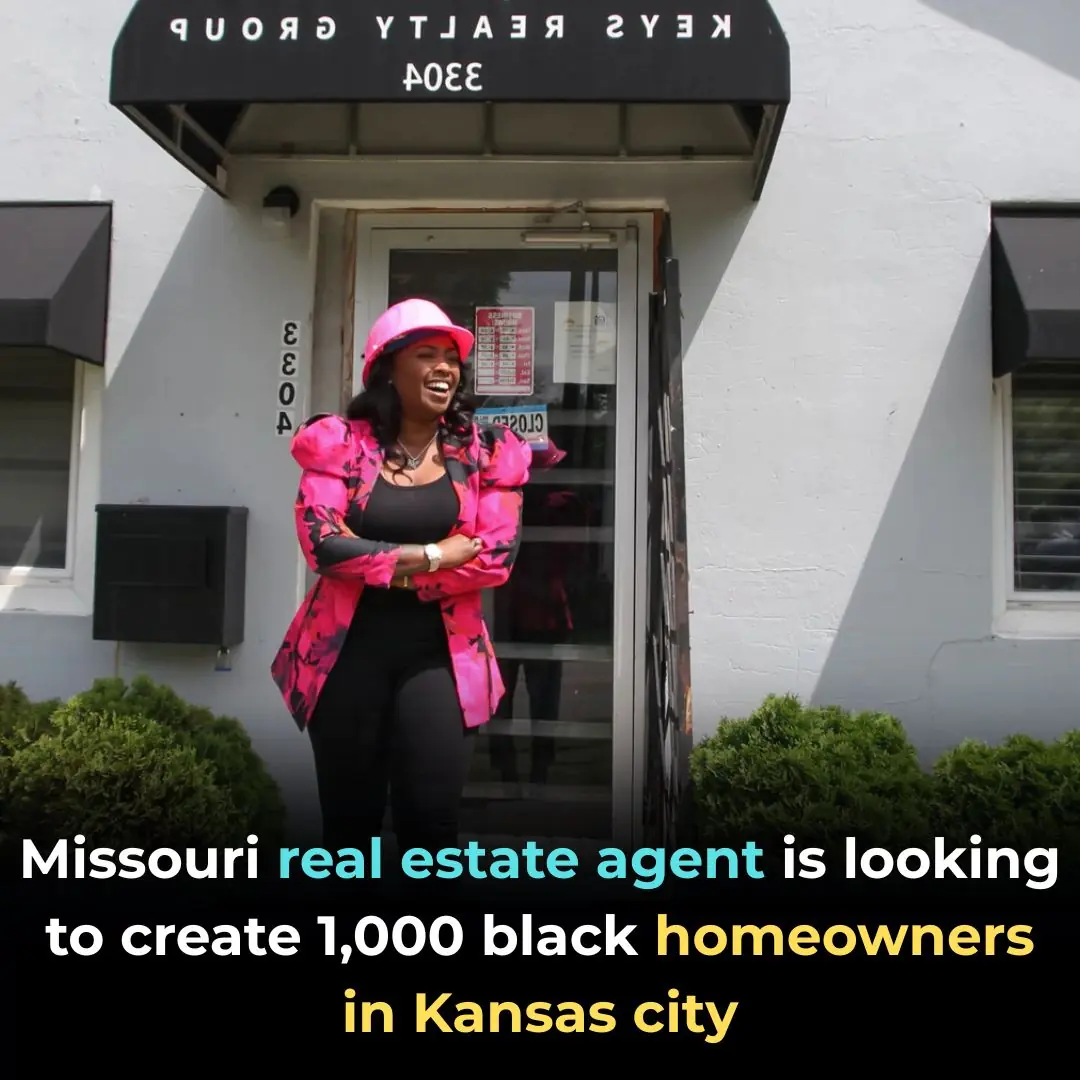
Missouri Real Estate Agent Is Looking To Create 1,000 Black Homeowners In Kansas City

Florida Man Uses Stimulus Funds To Create ‘Generational Food’ Community Garden
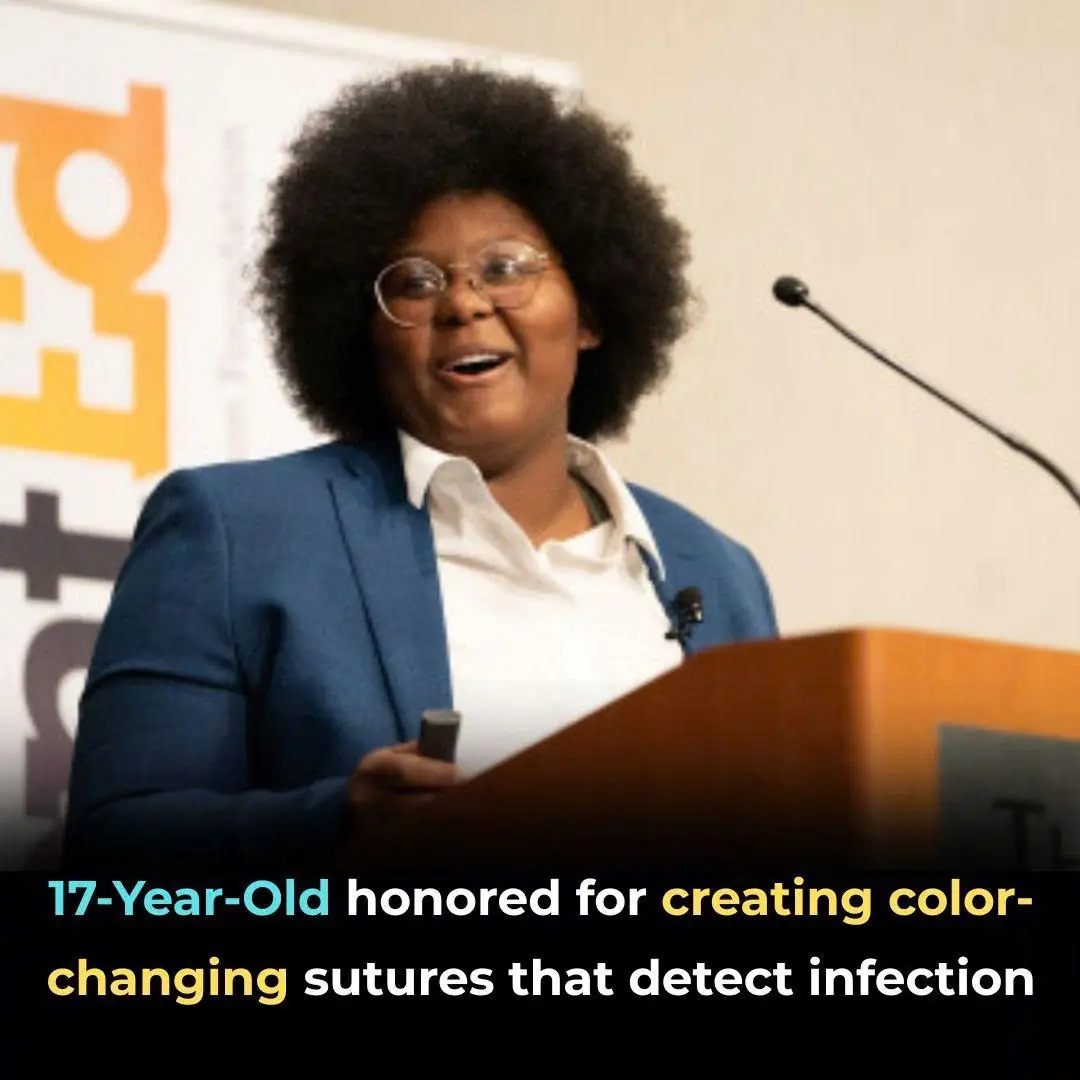
17-Year-Old Honored For Creating Color-Changing Sutures That Detect Infection

California Mom of Four Celebrates Passing The Bar After Studying For 10 Years In Inspirational Viral Video
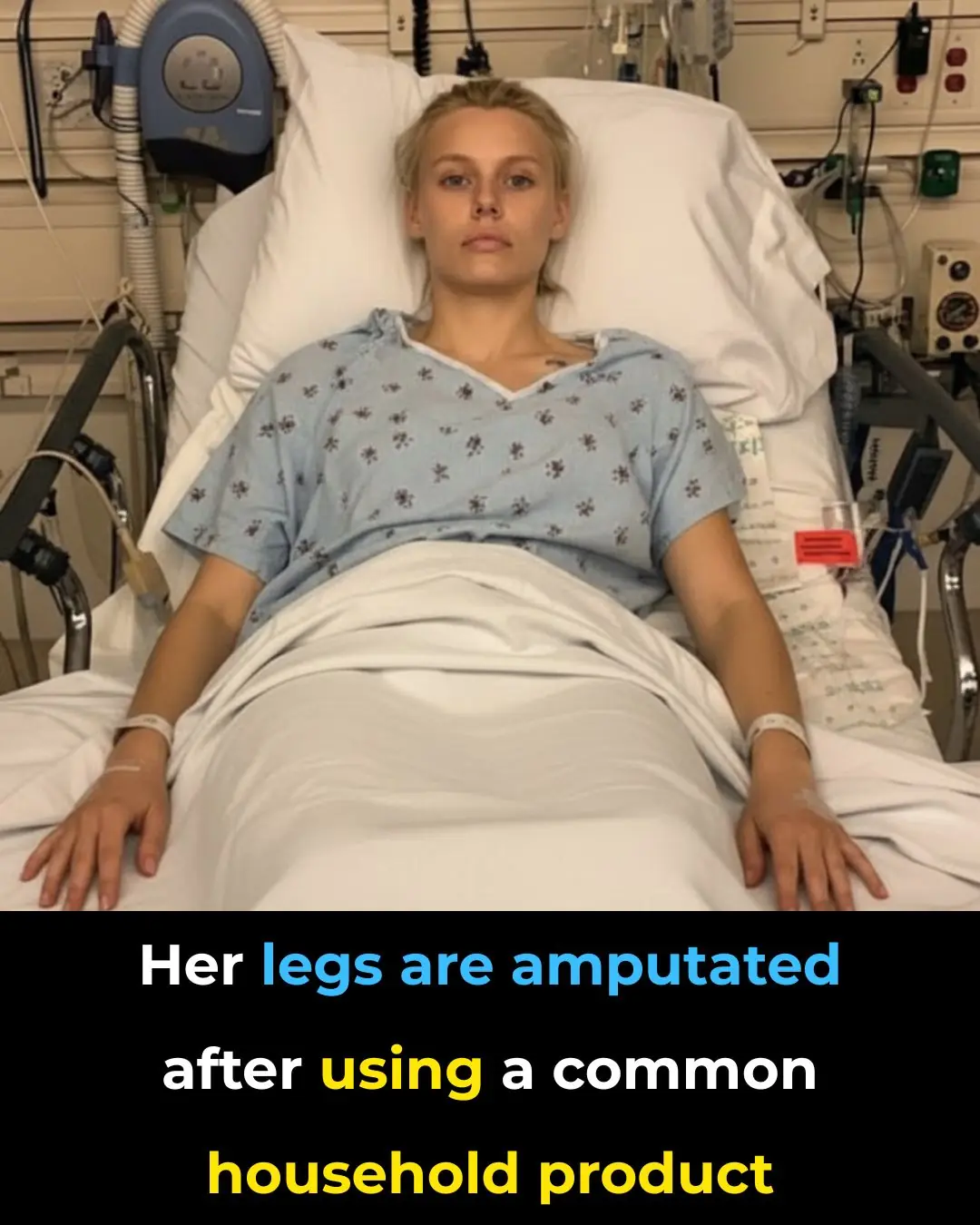
Model Loses Both Legs After Toxic Shock Syndrome From Everyday Tampon Use
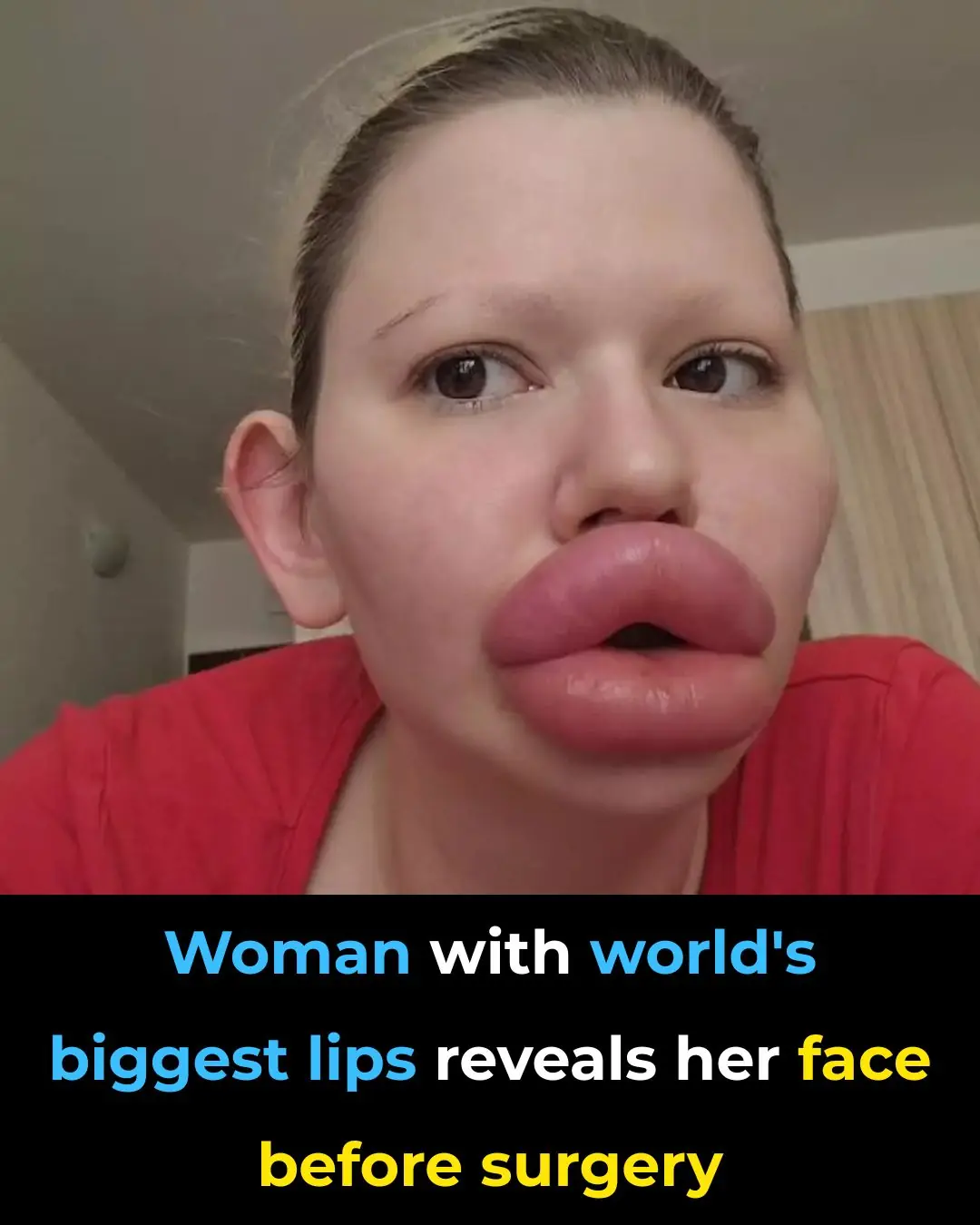
Before And After: Woman With Extreme Lip Enhancements Reveals Old Look

Tragic End: Georgia O’Connor Passes Away Weeks After Wedding Amid Medical Neglect
News Post
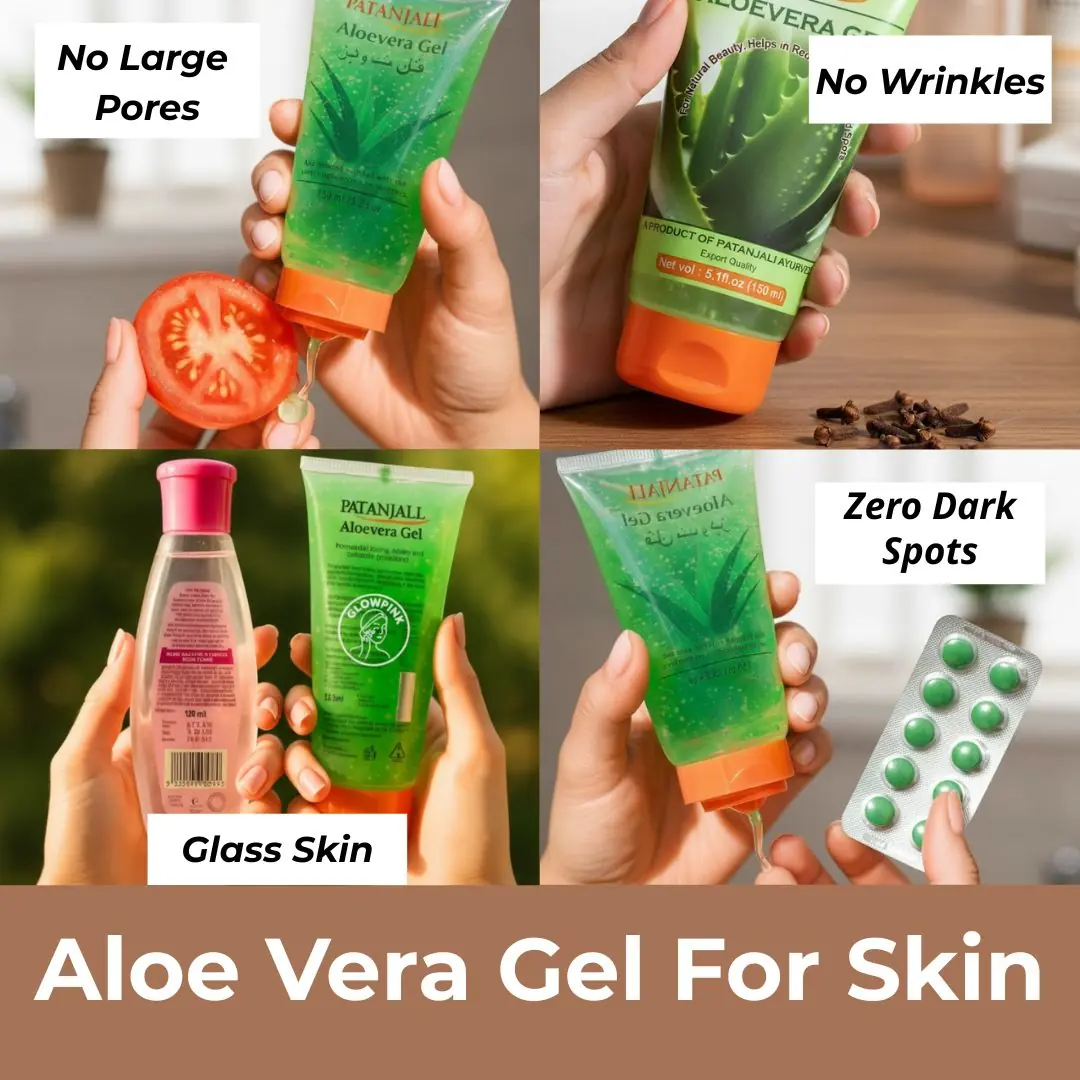
5 Amazing Benefits Of Aloe Vera Gel For Skin: Large Pores, Dark Spots, Wrinkles

Clove & Lemon Collagen Drink: Wrinkle Free, Glowing Skin

Unlock Your Body’s Hidden Power: Try Garlic and Honey on an Empty Stomach for 7 Days
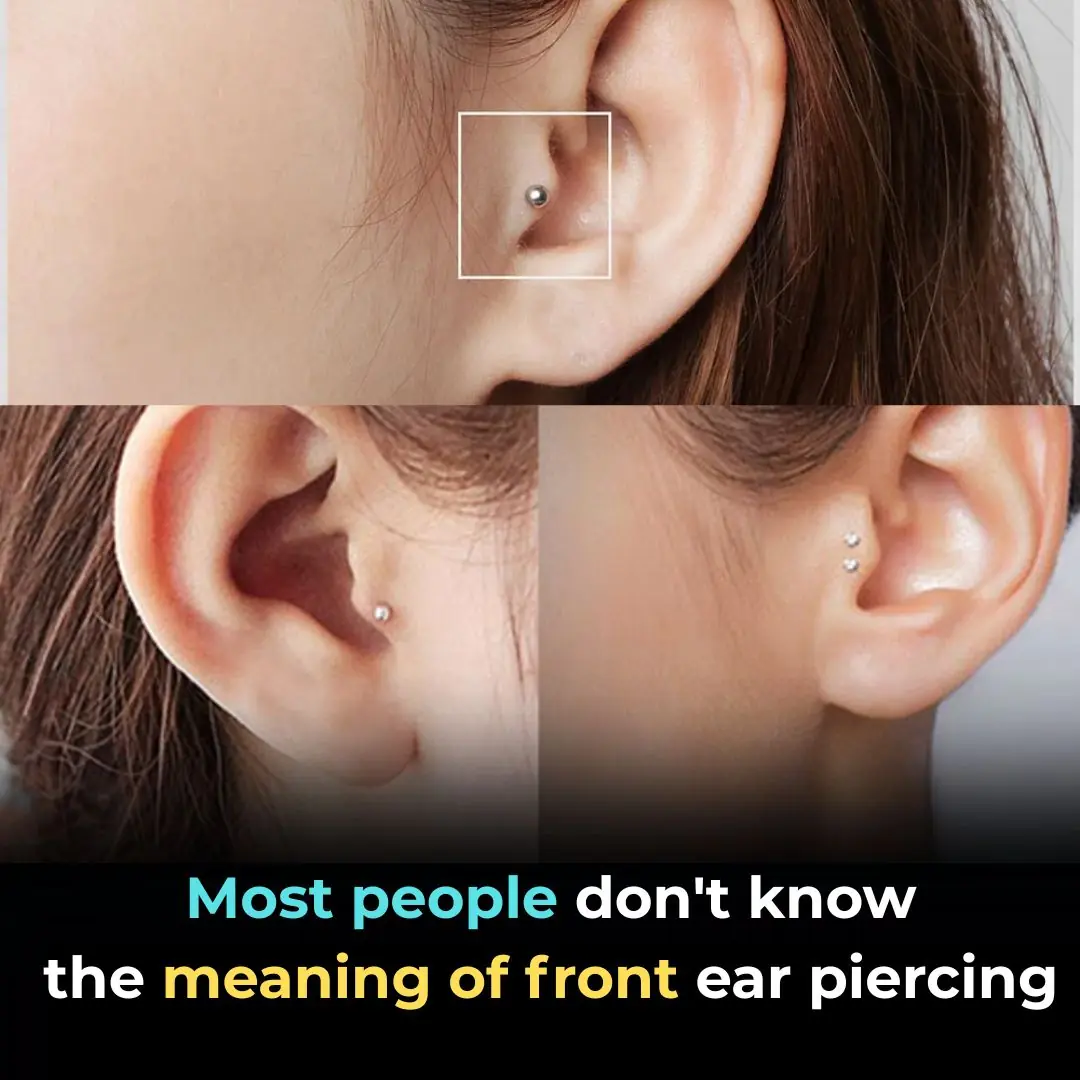
Tragus Piercing What Does It Mean
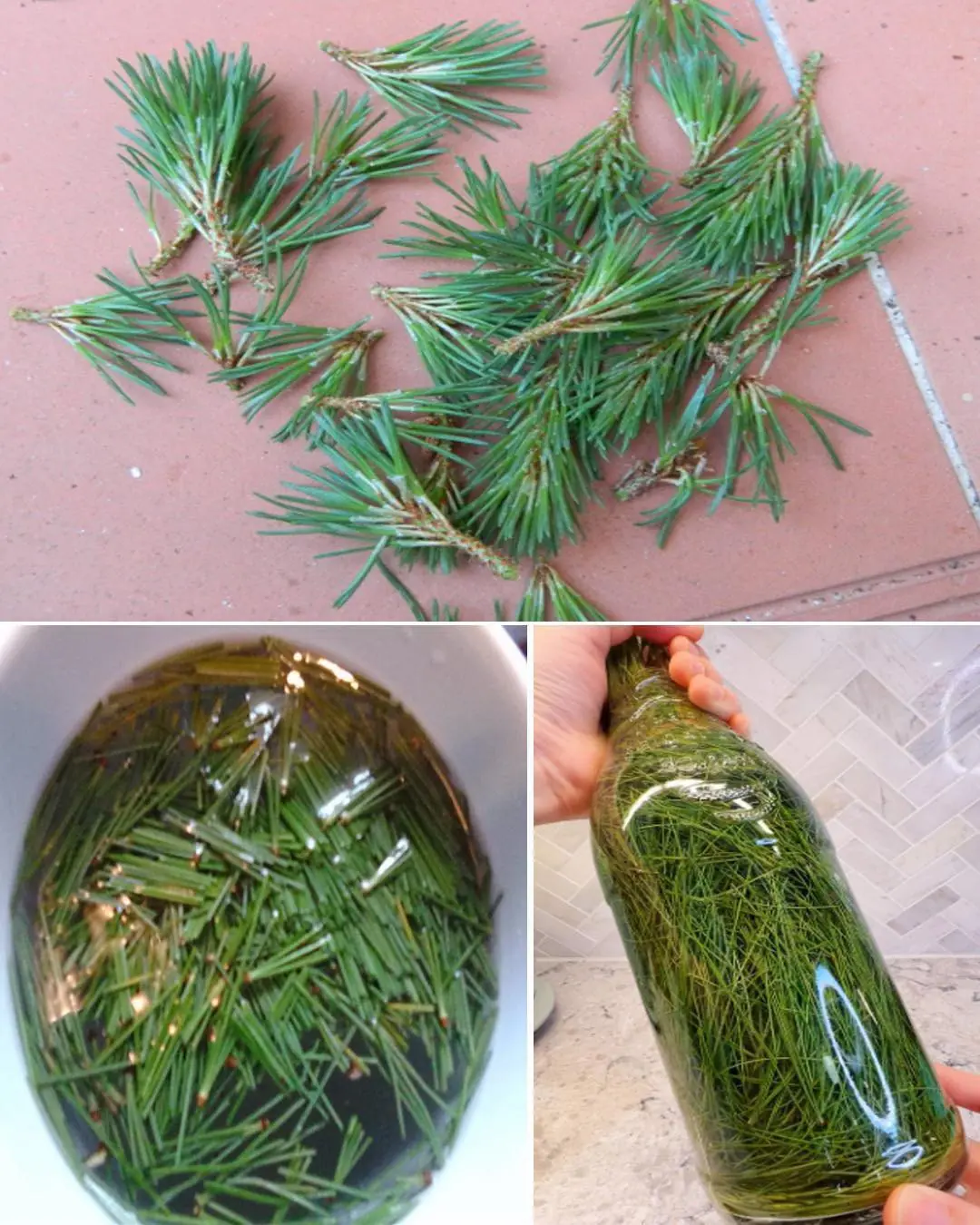
9 Health Benefits of Pine Needles

Unlock The Incredible Health Benefits of Garlic, Ginger and Lemon for Men

A special method to grow garlic in plastic bottles

7 Benefits of the Miracle Leaf of Life

7 Amazing Health Benefits of Banana Blossoms

Boiling Sweet Potatoes: Don’t Just Add Plain Water—Add This Spoonful for Perfectly Fluffy, Sweet Results

The Science Behind Putting a Cotton Swab in a Menthol Oil Bottle

More People Are Struggling with Visceral Fat — Doctors Reveal 9 Foods That Help Burn It Naturally

Black Turmeric vs. Yellow Turmeric: Which One Is Better?

Starve cancer: the diet rotation strategy you need to know

Like to see more from Tips for the Home

💪 Sarcopenia: Why Muscle Loss Happens & How to Fight It (After 50)

I Had No Idea About This!

These Ideas Are Amazing: 10 Clever Ways to Use Dryer Sheets Beyond the Laundry Room

Most Don’t Know: 13 Brilliant Ways to Use WD-40 Around the House
